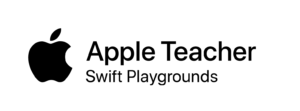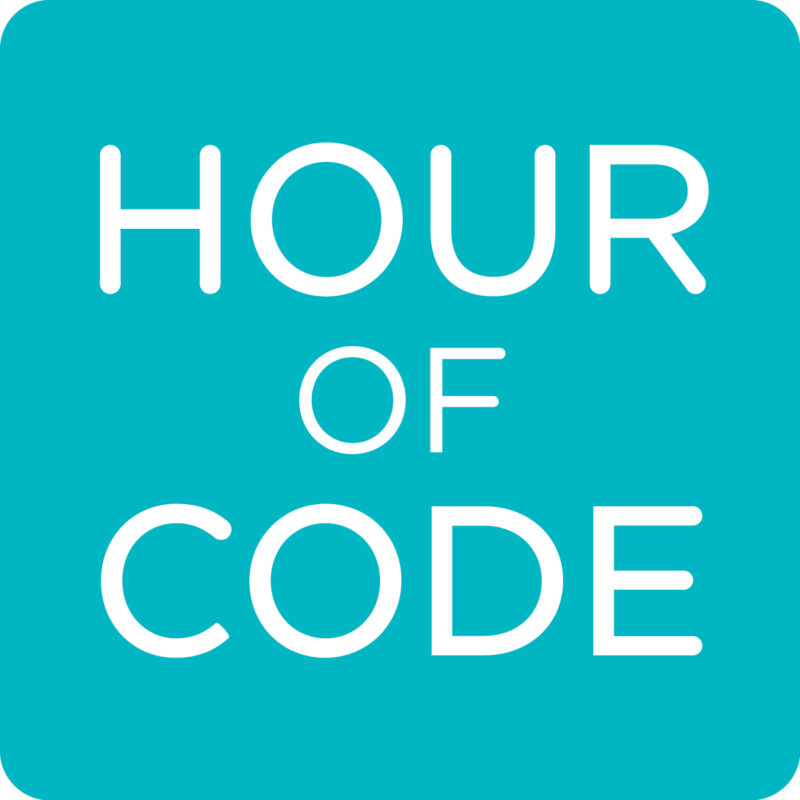For 2024, Computer Science Education Week will happen December 9th through the 15th. This is an excellent opportunity to introduce your students to coding and computer science, and the tremendous career opportunities in this field.
According to U.S. Bureau of Labor Statistics, “Overall employment in computer and information technology occupations is projected to grow 15 percent from 2021 to 2031, much faster than the average for all occupations”. The U.S. BLS further states that “The median annual wage for this group was $104,420 in May 2023, which was higher than the median annual wage for all occupations of $48,060.”
Inspiring K-12 students and introducing them to coding and computer science is not just about career opportunities. Computer Skills and Digital Literacy are critical for empowering students for academic success as technology becomes increasingly integrated into education.
Computer Science experience is not necessary to introduce your students to CS and coding! Following are some extensive resources available to help successfully engage your students in Computer Science Education Week and the Hour of Code:
CS Ed Week provides extensive resources for teaching and exploring computer science.
Code.org provides everything you need to successfully teach computer science regardless of your experience. Code.org also provides an opportunity to apply for a $10,000 prize for expanding computer science at your school. The Code.org Advocacy Coalition publishes an annual State of Computer Science Education Report that every educator and administrator should read. Code.org also offers Professional Development for Teachers.
CS for All mission “is to make high quality computer science an integral part of the educational experience of all K-12 students and teachers and to support student pathways to college and career success”.
Computer Science Teachers Association (CSTA) is a professional learning network for computer science teachers.
Hour of Code provides tutorials in 45 languages for anyone to organize and host an event regardless of experience. This is the go to source to get your students started with coding. There are activities for all grade levels, topics, and classroom technologies. Hour of Code also provides activities and resources for continued learning beyond an hour.
Kodable offers a suite of engaging learning activities to empower children to develop essential skills for a digital future.
Carnegie Mellon University Computer Science Academy offers three free online, graphics-based computer science curricula taught in Python for Middle, High School, and AP.
Expanding Computing Computing Pathways (ECEP) is an alliance with a mission “to broaden participation in computing by identifying and addressing the policies, pathways, and practices in state education systems that are barriers to diverse student engagement and success”.
The Alliance for Identity is an excellent inclusive computer education resource.
Learning.com provides educators with solutions to prepare their students with critical digital skills.
Codecademy offers complete interactive coding and programming courses for beginner students to advanced career individuals.
Khan Academy offers extensive computing classes ranging from Hour of Code activities to AP/College Computer Science Principals, and a new Internet Safety course. Pixar in a Box is a collaboration between Khan Academy and Pixar Animation Studios sponsored by Disney. It is an engaging, hands on, behind the scenes look at how animations are created that students really enjoy. It provides a tremendous STEM integration opportunity.
W3Schools is the largest web developer site on the internet offering free, simplified, interactive tutorials for learning web language coding. They offer a paid upgrade subscription that includes web hosting and additional tutorial access.
This year, take advantage of these resources to bring Computer Science Education Week and the Hour of Code to your school and classroom!
References:
Bureau of Labor Statistics https://www.bls.gov/ooh/computer-and-information-technology/home.htm
Code.org, CSTA, & ECEP Alliance (2022). 2022 State of Computer Science Education: Understanding Our National Imperative. Retrieved from https://advocacy.code.org/stateofcs
Udeogalanya, V. (2022). Aligning digital literacy and student academic success: Lessons learned from COVID-19 pandemic. International Journal of Higher Education Management, 8(2) doi:https://doi.org/10.24052/IJHEM/V08N02/ART-4


Leave a Reply